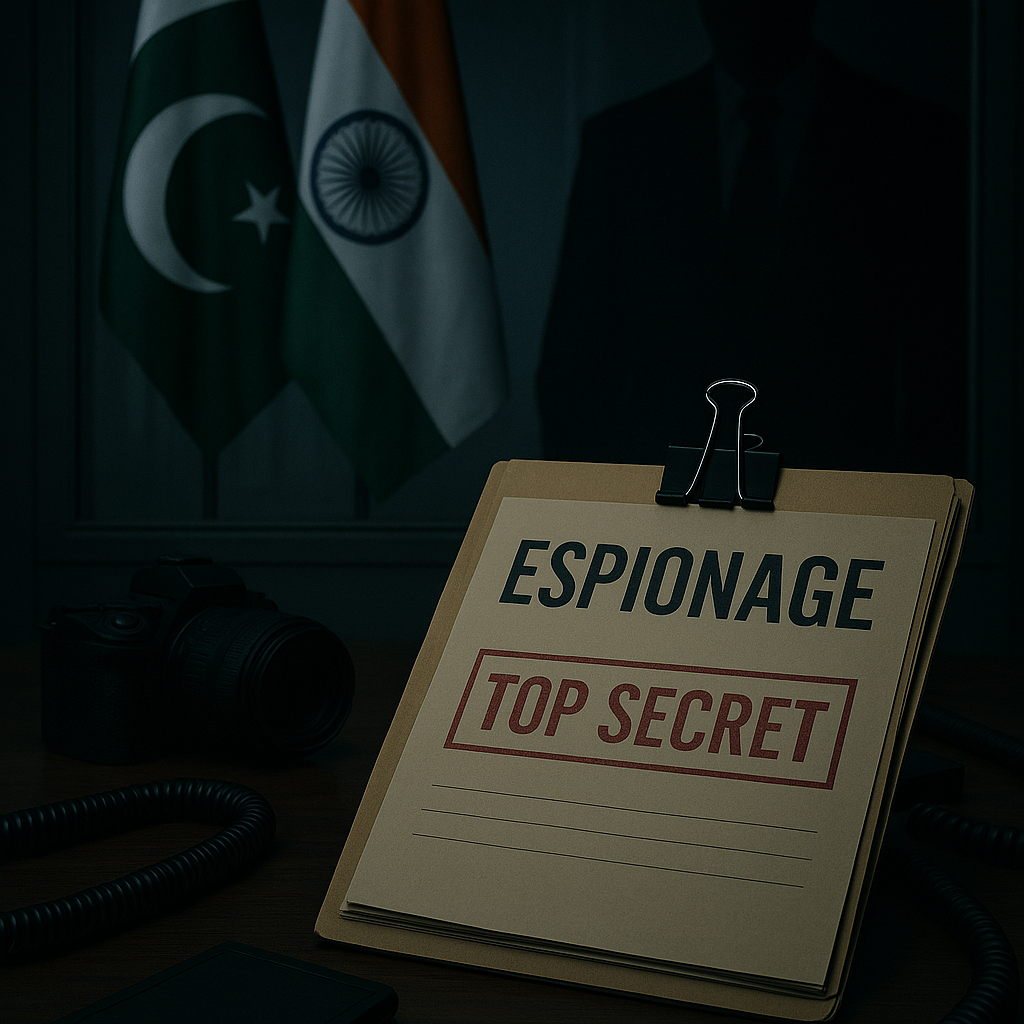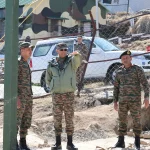In a significant diplomatic move, the Government of India has declared a staff member of the Pakistan High Commission in New Delhi as persona non grata, ordering the official to leave the country within 24 hours. The Ministry of External Affairs (MEA) issued a formal demarche to the Charge d’Affaires of Pakistan earlier today, citing actions “inconsistent with diplomatic norms.”

Though the MEA has not publicly disclosed the nature of the misconduct, government sources suggest the expulsion is tied to concerns over espionage—an issue that has repeatedly strained India-Pakistan relations.
The expulsion comes amid heightened bilateral tensions following a deadly militant attack in Pahalgam, Jammu and Kashmir, earlier this year, which resulted in the deaths of 26 civilians. In response, India launched Operation Sindoor, a targeted military campaign against suspected militant infrastructure in Pakistan and Pakistan-administered Jammu and Kashmir.
This latest expulsion follows a broader diplomatic downgrade. Last month, India declared Pakistan’s Defence, Military, Naval, and Air Attachés persona non grata, indicating a hardening of New Delhi’s stance on national security matters. India has repeatedly accused elements within Pakistan of supporting cross-border terrorism, an allegation Pakistan denies.
Public reaction within India has been charged. Citizens on social media and across civil society have largely applauded the government’s decision, calling it a justified response to continued security threats. Some voices, however, are demanding even sterner action—including the closure of the Pakistani High Commission in New Delhi.
India and Pakistan have had a fraught relationship since partition in 1947, marked by wars, proxy conflicts, and nuclear arms development in 1974 and 1998, respectively. The use of persona non grata declarations, in accordance with the Vienna Convention on Diplomatic Relations, is a sharp tool in diplomatic protocol—often signaling a serious rupture in trust.
With Islamabad yet to formally respond, analysts caution that further retaliatory measures or escalations could be on the horizon unless diplomatic channels reopen. For now, the geopolitical temperature in South Asia continues to rise, with regional stability hanging in the balance.













